 |
| April 29, 2020 |
Dear Reader,
Here's a look into some of our top stories today: As the pandemic upends much of society, frontline health care workers are shouldering the burden of a systemic lack of preparation. They're not just treating a flood of critically ill patients. They're risking their own health, witnessing higher rates of death and experiencing breakdowns of protocol, yet therapeutic support is lacking. Researchers are using genetic engineering rather than traditional methods, which can take years, to quickly create potential vaccines against COVID-19. Three different techniques are speeding to human trials, but whether they will work or can be scaled up to millions of doses is unclear. Extreme heat is one of the leading causes of weather-related fatalities in the U.S. and the risks are only growing as the climate warms. In the summer, congregating in cool public spaces may reduce the risk of heatstroke—but it may also put people at risk of spreading the new coronavirus. Public health experts are urging cities to think carefully about how to protect vulnerable populations as the outbreak rages on. |
| | Sunya Bhutta, Senior Editor, Audience Engagement
@sunyaaa | |
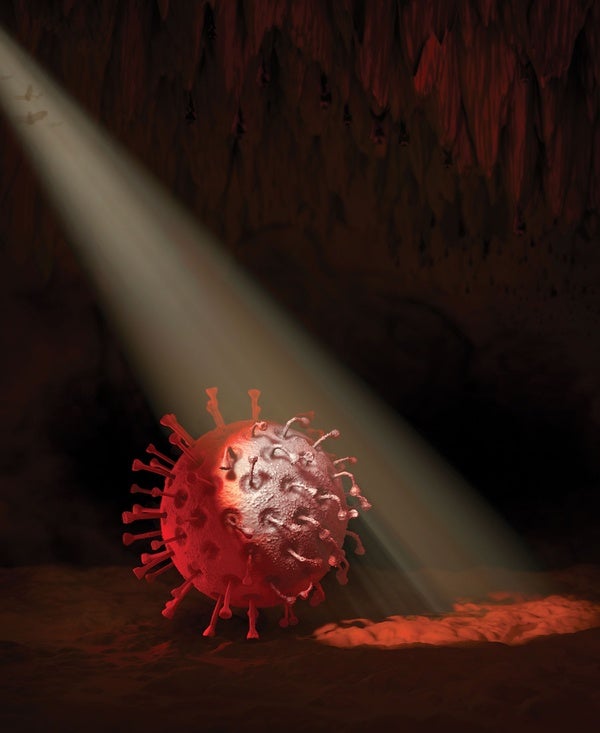 |
| |
| |
| |
| |
| |
| |
| |
| |
| Space Where Is Everybody Else in the Universe? Guest host W. Wayt Gibbs talks with Jason Wright, a professor of astronomy and astrophysics at Pennsylvania State University's Center for Exoplanets and Habitable Worlds, about what's known as the Fermi paradox: In a universe of trillions of planets, where is everybody? |  | By W. Wayt Gibbs | 22:07 | | | |
| |
| |
| Natural Disasters Science News Briefs From Around the World Here are a few brief reports about science and technology from around the planet, including one about what the eruption of Mount Vesuvius might have done to one ill-fated resident of Herculaneum. |  | By Sarah Lewin Frasier | 01:48 | | | |
FROM THE STORE
 | | | |
| |
FROM THE ARCHIVE
 | | | |
LATEST ISSUES
 |
| |
| Questions? Comments?  | |
| Download the Scientific American App |
| |
| |



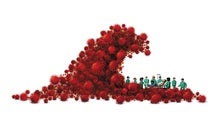
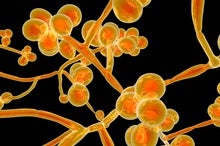
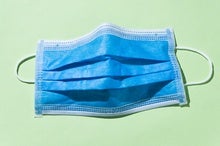
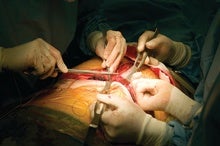
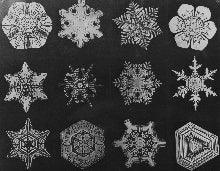
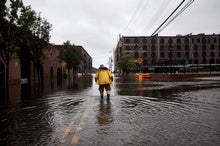
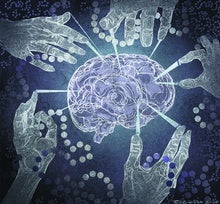

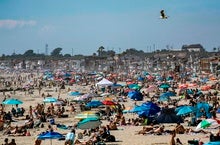
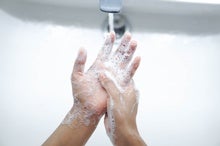
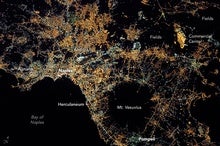
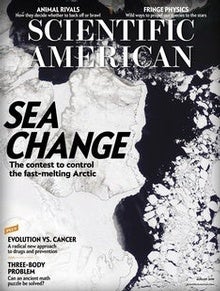

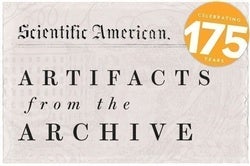
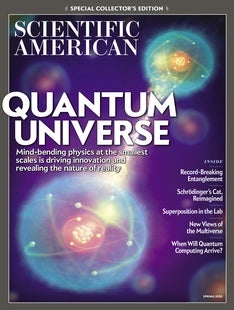

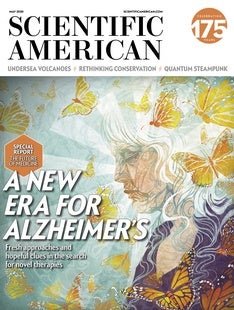
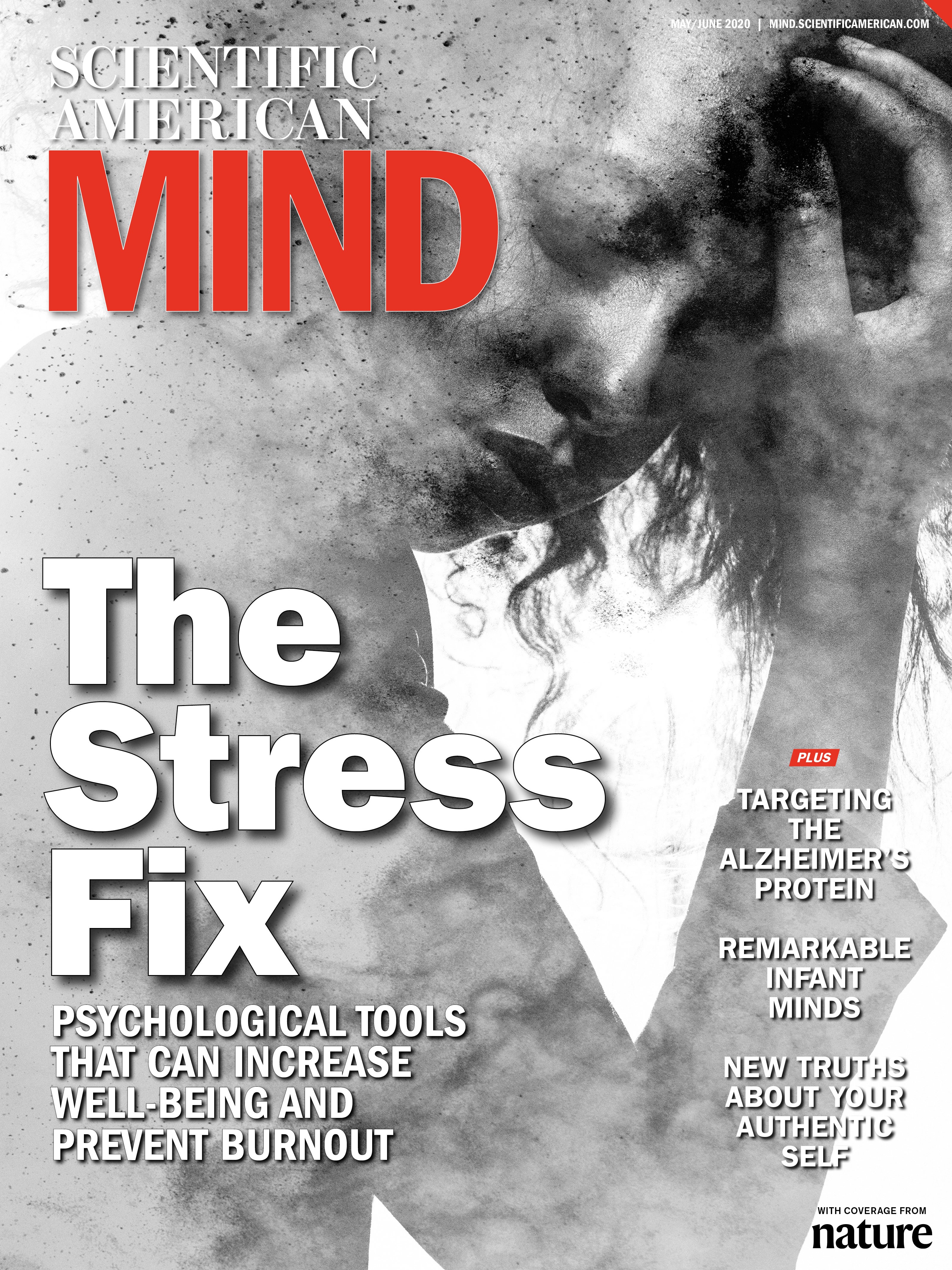
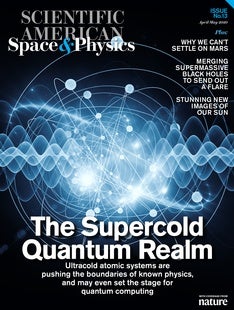



Comments
Post a Comment